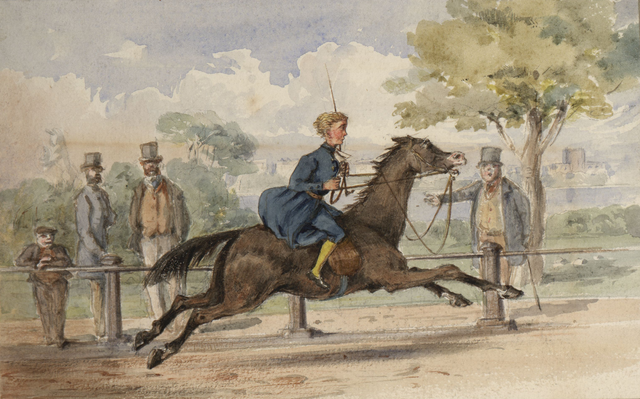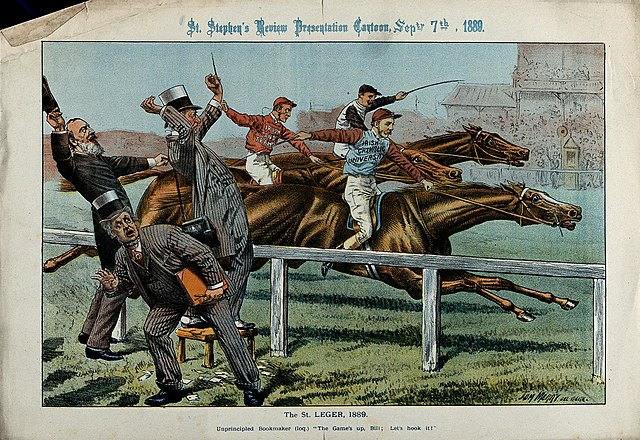
Asking productive reference questions I
A student may ask us:
Is there a way to prepare reference questions to get the most useful answers?
We might reply:
Yes, there are ways to formulate research and reference questions that will produce effective results.
The student may wish to know:
How can I do that?
Our answer might be:
When speaking to a Thammasat University Librarian, try to be specific and give the subject matter that is being research in as exact a form as possible. That way, the librarian will know where to look for the information.
The student may then want to know:
Are there any other secrets to asking good reference questions?
We might say:
Yes, tell the TU librarian what the data will be used for. For example, is it needed to give a long or short presentation? If the librarian knows how extensive the presentation will be, it helps in terms of realizing how much material is needed. Data that is enough for writing a one page essay assignment will not be enough to fill a whole thesis or long academic research paper.
If the students asks:
Why does the librarian need to know what class and level the research is for?
We might say:
Again, it is useful to know the context that the data will be presented in to know how much material is needed and also what will be expected of the student. Naturally an academic research project for a graduate level course will need different types of data than a project for an introductory first year undergraduate course.
If the student inquires:
What is the biggest mistake that students with research questions make?
We may say:
Before students carried cell phones, there was the problem of forgetting to bring something to write with and also something to write on. Now it is easy to note down information and take photos of book covers, so students can be informed quickly about what is available in terms of research material for their academic projects.
The student may wonder:
What happens if I am sent to information by the librarian, but I really need other kinds of data?
We can answer:
Feel free to ask again, as the librarian may not have received full information about the exact project that is being done, and additional details might help give a more precise picture of what is needed for the research project. TU librarians will be happy to help, so don’t be shy about asking again for advice. Try asking the same question in a different way, or using different words.
If the student looks confused and replies:
What do you mean?
We can explain:
If the students asked before about books on horse racing, and did not find what was needed, try explaining, for example, that the exact topic is an economic study of horse racing in Thailand from 1897 to the present, including historical data on race courses in Bangkok, Nakhon Ratchasima, Udon Thani, Khon Kaen, Roi Et and Chiang Mai provinces.
This type of exact information will help the librarian look for more detailed data that can be useful for the research project.

(All images courtesy of Wikimedia Commons)
